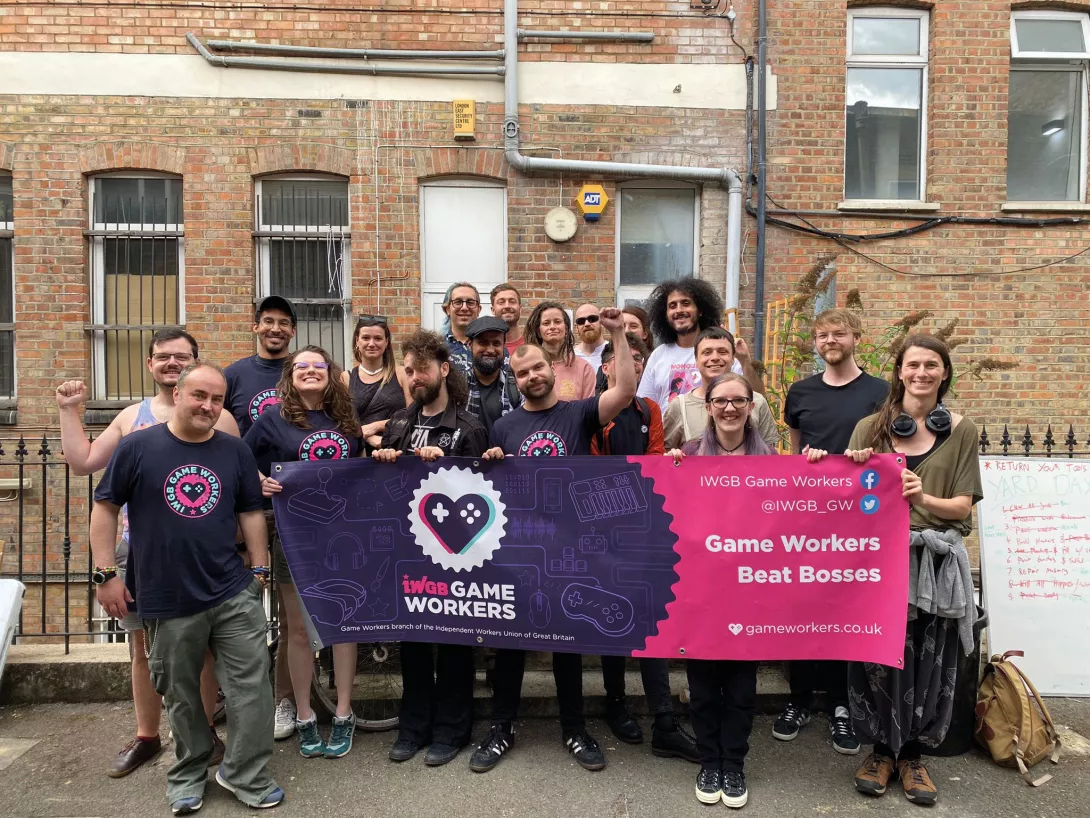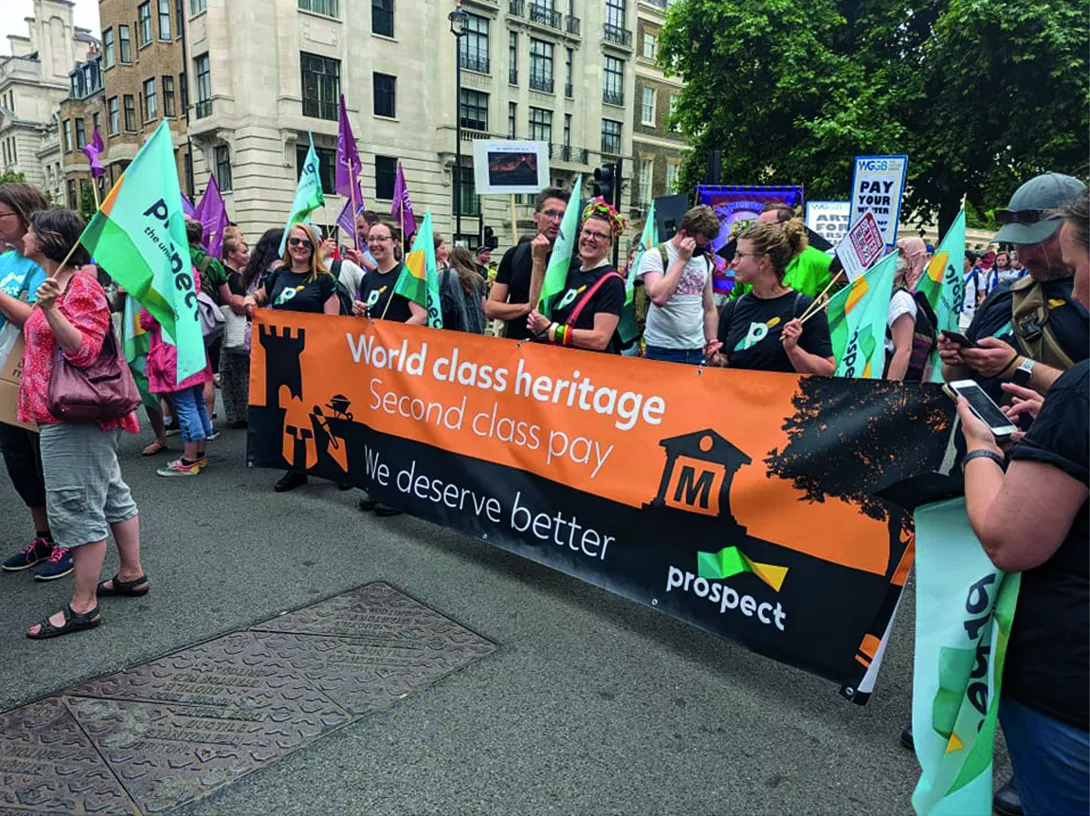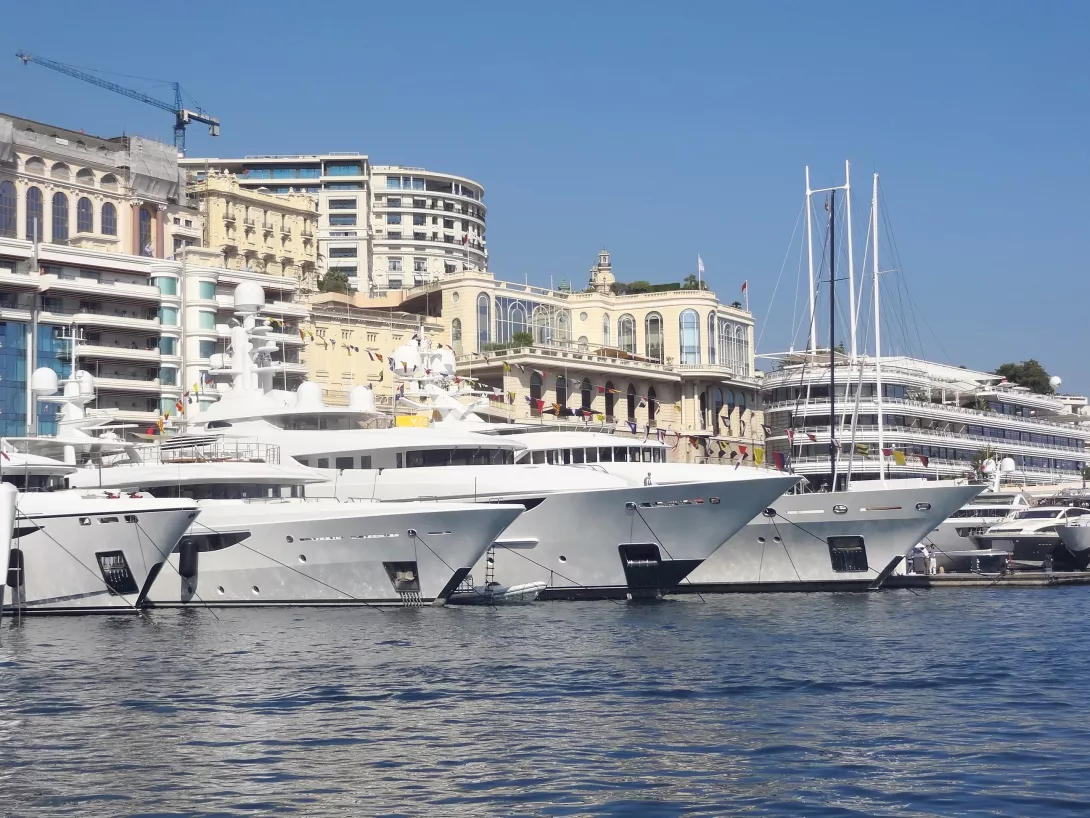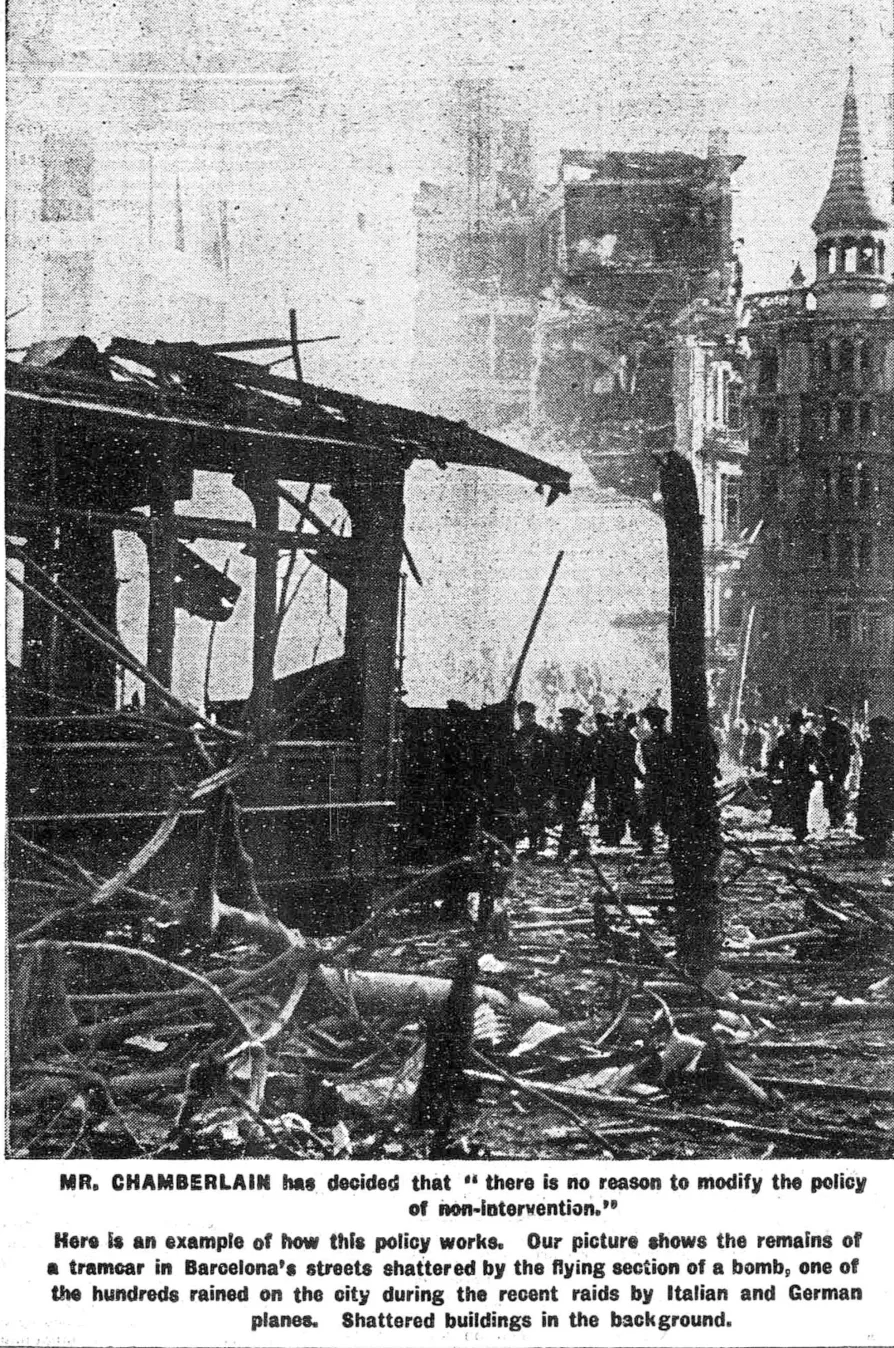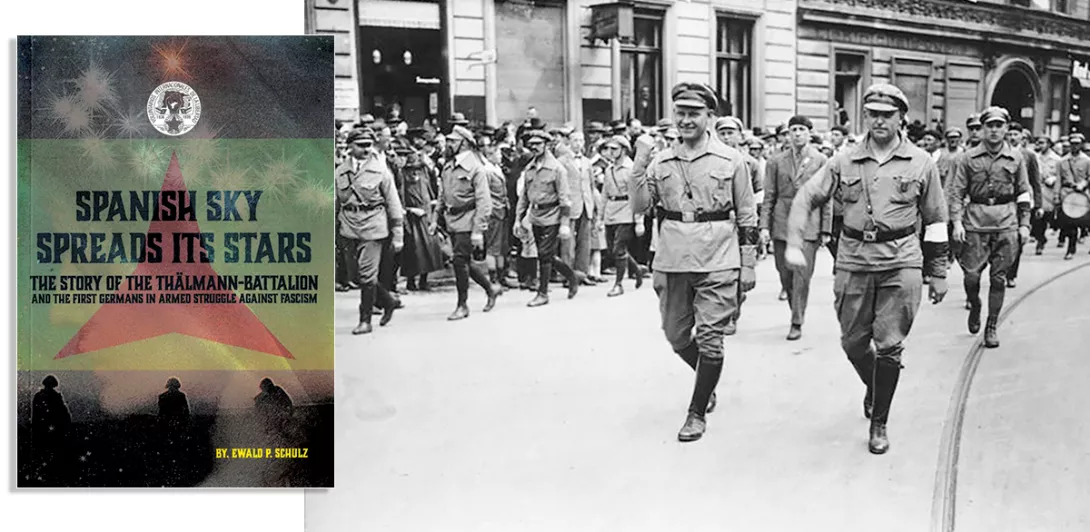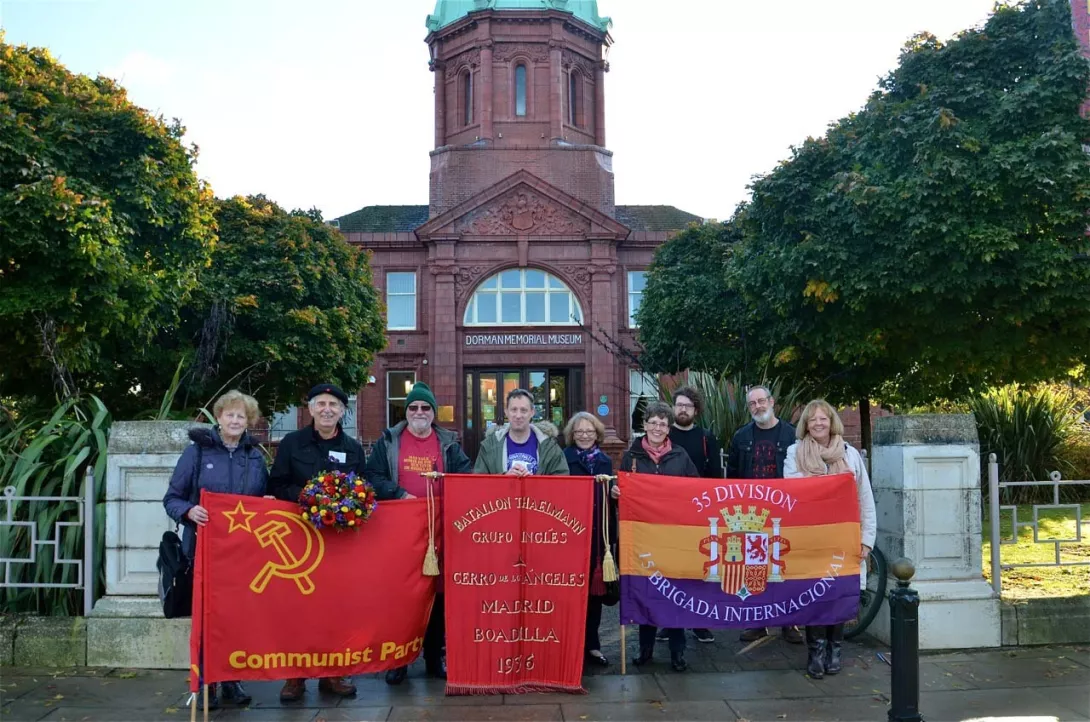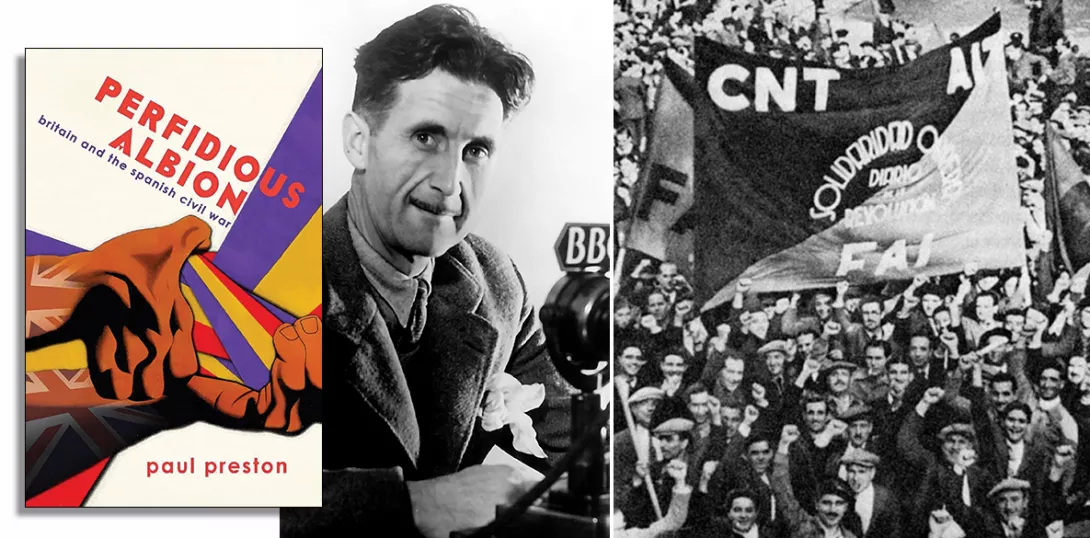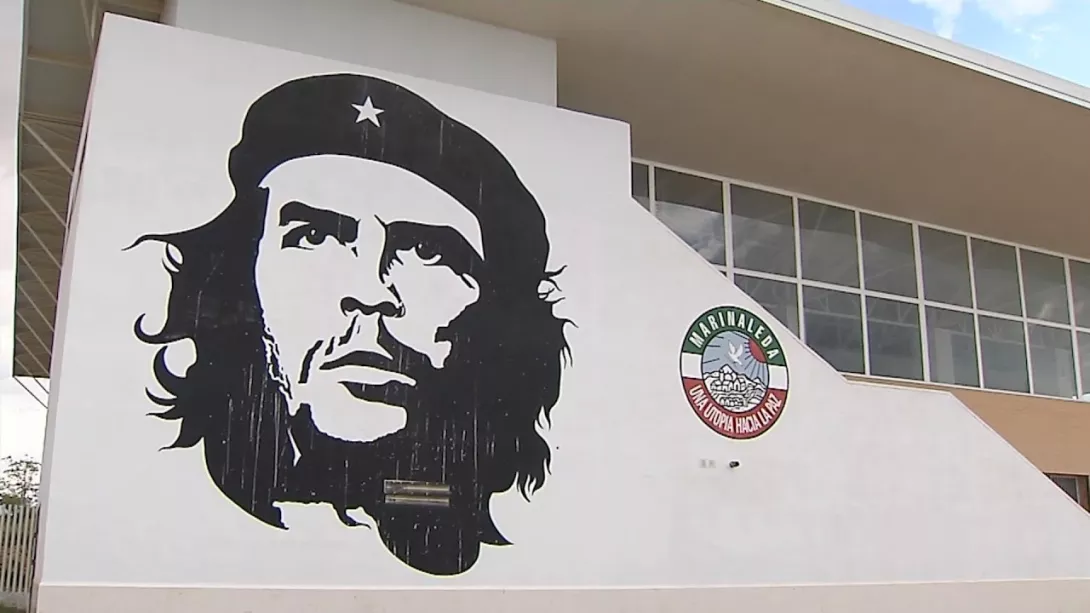
LEFT-WING political parties are doing better in Spain than in much of Europe, with the PSOE (socialists) emerging as the largest party in the last two general elections. In 2019, Prime Minister Pedro Sanchez retained power by doing a deal with the more left-wing Unidas Podemos alliance and Catalan nationalists.
However Spain is still very much part of the international capitalist system. That is apart from one Andalusian village.
Marinaleda is 70 miles east of Seville and has a long history of Roman and Arab occupations as well as banditry during the 19th century. During the civil war in the 1930s the Republican-supporting mayor was assassinated by Franco’s fascists along with his son and 30 other residents. By the 1960s emigration, both internally to Catalonia and internationally to France and Switzerland, became epidemic in the poor agricultural region.
